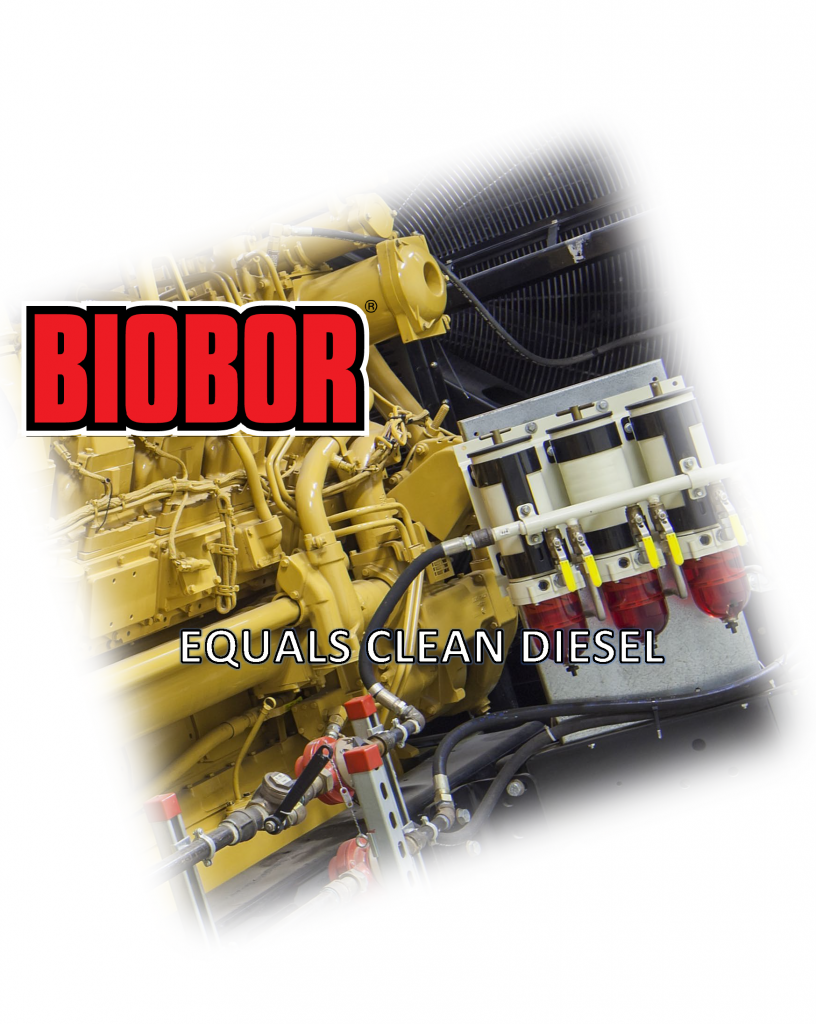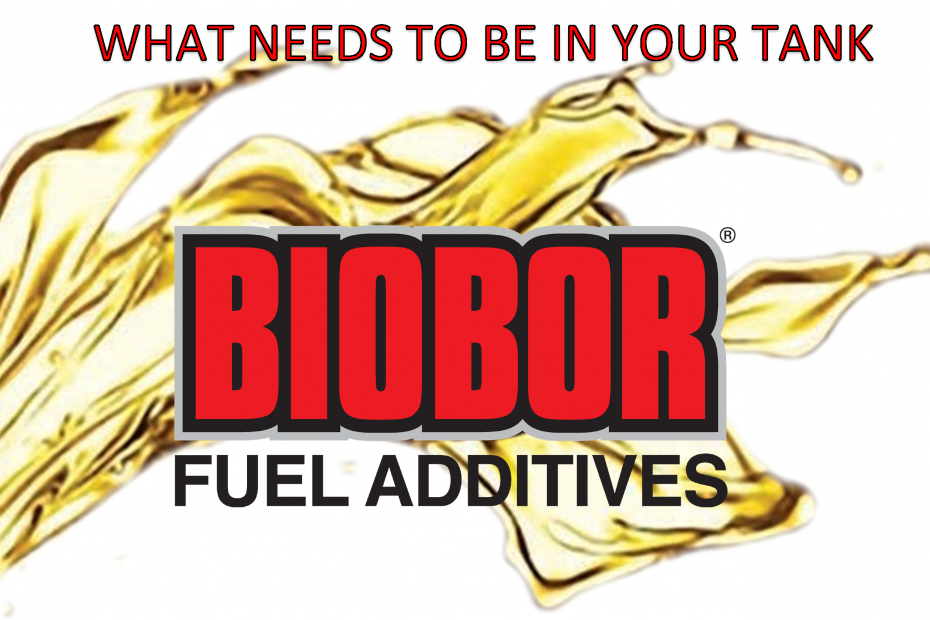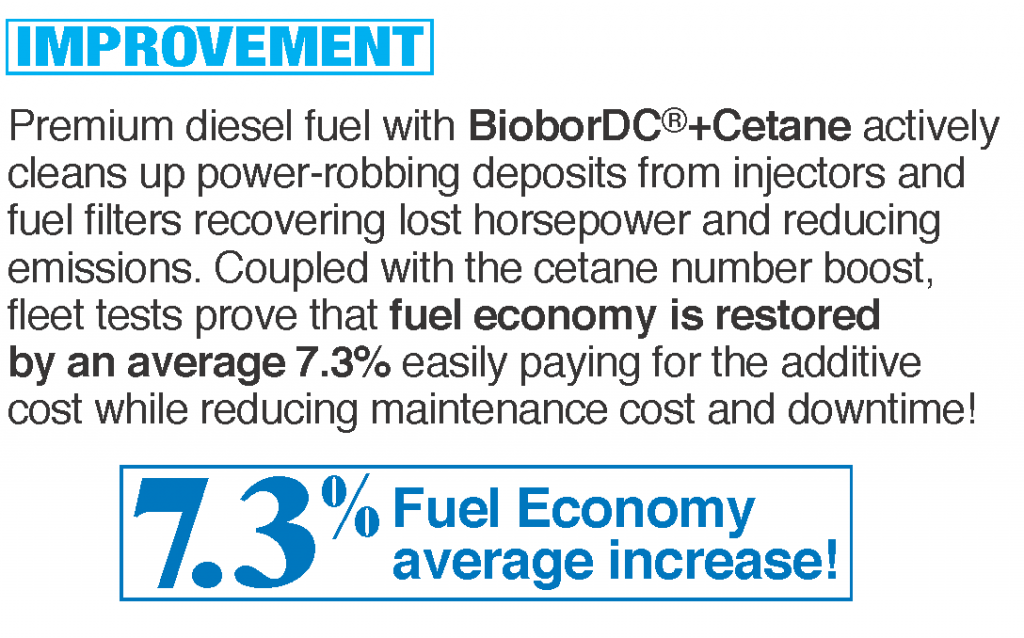We often get the question, “When should I use fuel additives?” There are several reasons to use a fuel additive. In this post, we will answer that question as it pertains to fuel quality management.
When should I treat my fuel with an additive?
- When fuel is out of spec.
- When fuel is stored long-term.
- When conditions require an additive.
- When you want to increase engine efficiency.
- When you want to reduce the risks of contamination.
Treating Out of Spec Fuel
Several studies over the years have found fuel quality to be below standards set by engine manufacturers both at retail and non-retail fueling sites. Some of the causes include contamination issues, flash point failure, and general failure to properly maintain a system. A more recent study found that almost 63% of the diesel fuel samples taken at the nozzle failed oxidation stability testing. Oxidation stability refers to a fuels reaction with oxygen at or near ambient temperature. It is a good indicator of a fuel’s susceptibility to degradation and aging. A fuel that fails an oxidation stability test is already well on its way to becoming unusable. Today’s fuels have a short shelf life. Gasoline is 3-6 months and diesel 6-12. The addition of biofuel accelerates the aging process. Oxidation stability might be one of the more significant problems with fuel today, especially for fuels placed in long-term storage, as is the case with standby fuel systems.
Is there a way to remediate fuel that has gone out of spec or prevent fuel from degrading so quickly. The short answer is yes. A good multi-functional fuel additive, like Biobor DC can help remediate fuel and prevent fuel from degradation and aging, extending the shelf-life of the fuel. However, the caveat is don’t wait to long before applying the additive. Test your fuel. Know what’s in your tank. Keep your fuel dry and use Biobor Fuel Additives to preserve the fuel, extend its life and reduce engine maintance.
Treating Fuel in Long-Term Storage
We have already mentioned using Biobor DC to stabilize diesel fuel in long-term storage. In prior posts, we have also recommended using Biobor JF to prevent microbial contamination. The combination of the two, along with proper fuel quality management means your fuel will be ready with it is needed. The most frequent reason generators fail is poor fuel quality. Maintain your engine, good. Maintain your fuel, fuel system and your engine, best. Without the proper use of fuel additives you will have a difficult time maintaining your fuel quality. Fuel polishing systems help to remove water and large particulate but they do not remove microbes and they do not prevent oxidation stability. Only the right additives can do that.

Special Conditions that Require an Additive
Low temperature is a problem with diesel fuel. If not properly treated with a cold flow improver additive, your fuel will gel, forming ice crystals that will damage your engine and eventually cause engine failure. Biobor DC Winter Blend is the perfect solution. It will protect you fuel and engine in the coldest of operating temperatures. Just looking for a anti-gel and deicer, use Biobor Coldflo.

Marine operations are another special condition that require an additive. The marine environment creates a challenge for both the diesel fuel and gasoline user. Biobor MD was formulated for the diesel user in the harsh marine environment. This is another multi-functional additive that stabilizes the fuel and does so much more in all temperatures.
Ethanol enriched fuels create another special condition worth mentioning. Phase separation remains a problem. Corrosion is another issue commonly associated with ethanol fuels. Biobor EB was formulated to deal with these issues. It will combat corrosion and phase separation issues, while also stabilizing fuel for storage and removing performance robbing deposits and varnish.
In a marine environment, fuel quality is more important than ever. That’s why serious boaters use Biobor MD and Biobor EB.
Additives that Enhance Engine Efficiency and Save Money
With the cost of fuel today, engine efficiency is on a lot of people’s minds. Saving money at the pump and on service maintenance costs are becoming a necessity. Using the proper additives will do both. Biobor DC+Cetane pays for itself.
Reduce Fuel Contamination Using Additives
Biobor additives help to reduce contamination. Biobor JF is the ideal fuel biocide. Kill and prevent microbial contamination. Use it when you have a problem and use it quarterly to prevent problems from coming back. Both Biobor EB (for ethanol gasoline) as well as Biobor DC and MD (for diesel) helps to control water accumulation. Two of the most frequent problems, water and microbes are easily minimized by using Biobor additives and a little fuel quality management.
Over the last few posts, we have looked at finding the problem in your tank and treating the problem, including using additives. Next post we will take a look at fuel and tank cleaning. We will see why it is an important part of fuel quality management when paired with the proper use of biocides and additives previously discussed. So stay tuned!

Share the Post









